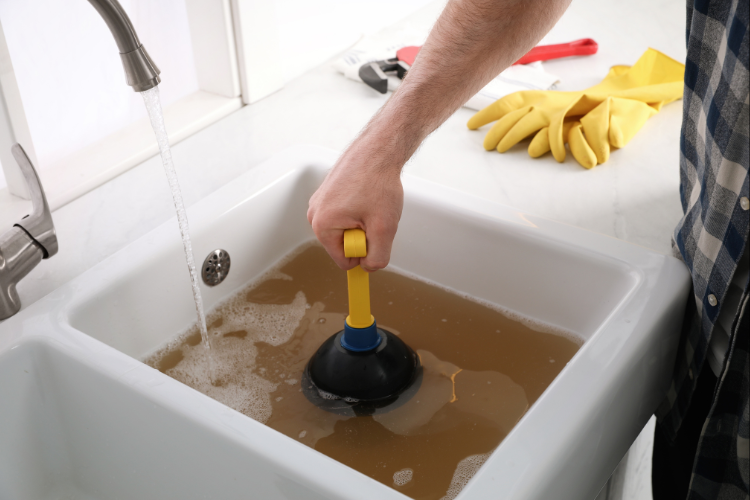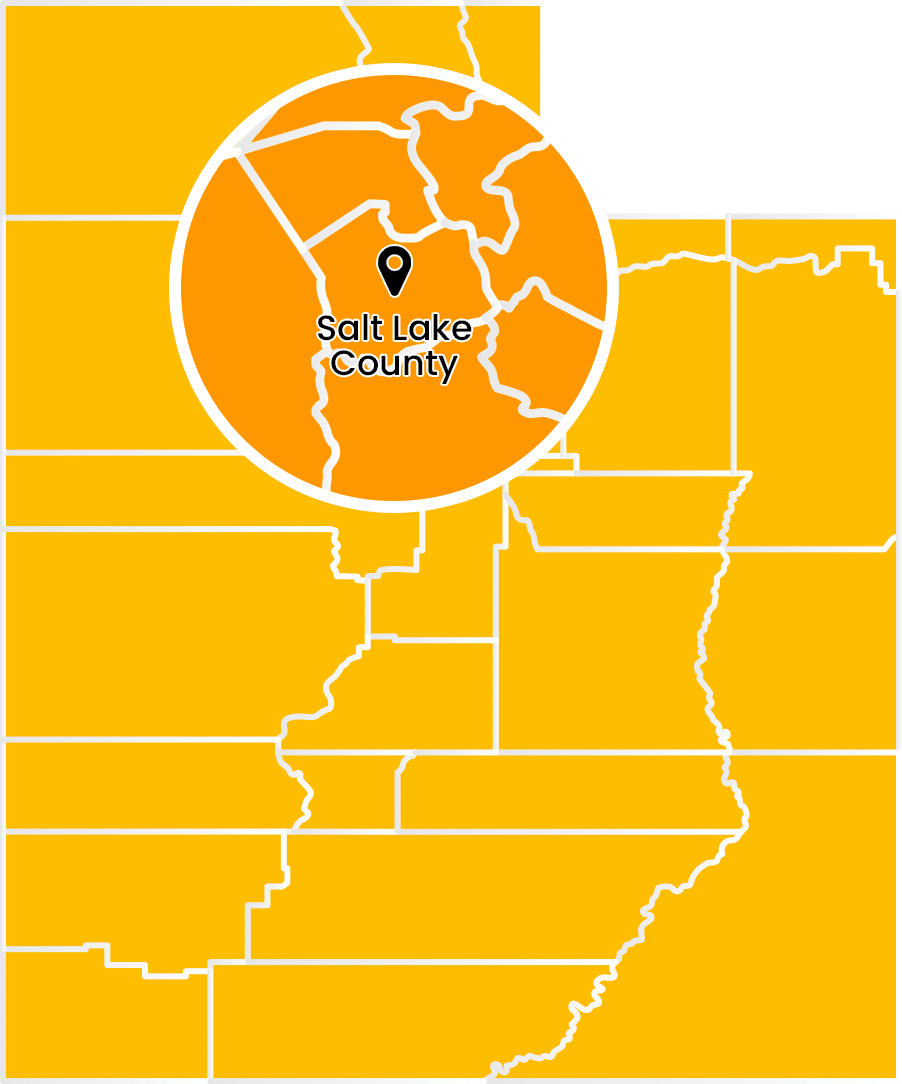A sewage backup is a nasty situation, and it’s something that no homeowner wants to deal with. In fact, it is one of the worst plumbing problems that can occur in a home. Not only does it cause significant damage to a home and its contents, but it can also pose significant health risks to those who are exposed to raw sewage.
Unfortunately, this nightmare can happen to any home or business at any time, and oftentimes, it is out of anyone’s control. For that reason, the average homeowner doesn’t put too much thought into the possibility until it actually occurs. However, that’s not the approach that one should take. Homeowners can actually do several things to help prevent a sewage backup caused by their own plumbing errors.
In this guide, Summit Restoration covers some of the things that can be done to keep a home free of sewage. This restoration company has worked countless sewage cleanup jobs, so they know a thing or two about the most common causes and how to prevent them.
Complete Regular Inspections & Maintenance
One of the most important things that a person can do to prevent a sewage backup is to perform routine maintenance on the home’s plumbing system. It’s that simple, but unfortunately, it’s something that many homeowners choose to ignore until it’s too late.
The best way to stay on top of the maintenance is by scheduling periodic inspections by a professional plumber. This person will be able to identify any potential issues that could block the pipes and drains. Some of the most common problems that can be spotted at a routine inspection include:
- Tree Root Intrusions
- Blockages
- Pipe Corrosions
If any of these issues are found, the plumber can immediately address them before they cause a complete blockage. For example, they can use a plumbing snake or hydro jets to clear pipes and keep them flowing free.
Dispose of Waste Properly
Most people know that owning a septic system is a lot of responsibility because there are many things that cannot be flushed or washed down the drain. However, a sewage backup can occur in any home if the residents are careless about waste disposal. It’s always best to avoid flushing items like feminine hygiene products and wipes down the toilet. Toys are also common culprits of clogs in families with small children.
That’s not all!
Homeowners should be careful not to rinse cooking grease down the drain. As it cools down in the pipe, it can solidify and lead to clogs. The same is true for food waste. Even with a garbage disposal system, homeowners should be cautious about how much food they try to put in their plumbing.
Take Care of Drains
Drains can also cause blockages if they are not cared for and maintained. While it’s not an enjoyable job for anyone, it’s important to regularly clean hair from any sink or shower drains. It’s a good idea for homeowners to install drain strainers in heavy-use areas so that they don’t have to worry as much. These products are designed to catch debris, hair, and other solids that could cause a blockage in a plumbing system.
Install a Backwater Valve
Some sewage backups are caused by things beyond a homeowner’s control. Heavy rainfall or sewer system overflows can all cause backups in residential areas. Fortunately, homeowners can install a device known as a backwater valve to prevent the sewage from backing up into their homes. The valves should be installed on the main sewer lines.
Add a Sump Pump to Home
Another great preventative tool is a sump pump. While it can’t entirely stop sewage from backing up into a home, it can reduce the amount. It works by redirecting excess water of any kind away from the property. These pumps, as long as they are operating properly, have been proven to reduce the risk of flooding in homes, so homeowners can reduce their need for sewage cleanup.
Know the Signs of a Potential Backup
Last but not least, it’s important that homeowners know what signs to look for if they want to prevent a sewage backup. They don’t usually come without warning. A homeowner can catch it before it’s too late by checking for:
- Foul Odors or Unusual Smells Coming from Drains, Toilets, or Sinks
- Slow or Clogged Drains in Sinks, Tubs, or Showers
- Rising Water with Toilet Flush
- Bubbling or Gurgling Drains in Sinks, Showers, or Washing Machines
Get Help with a Sewage Cleanup
If a sewage backup has already happened, homeowners don’t need to deal with the mess on their own. Summit Restoration is available 24/7 for emergency sewage cleanup services. Call today or submit their online form to request a free quote.






